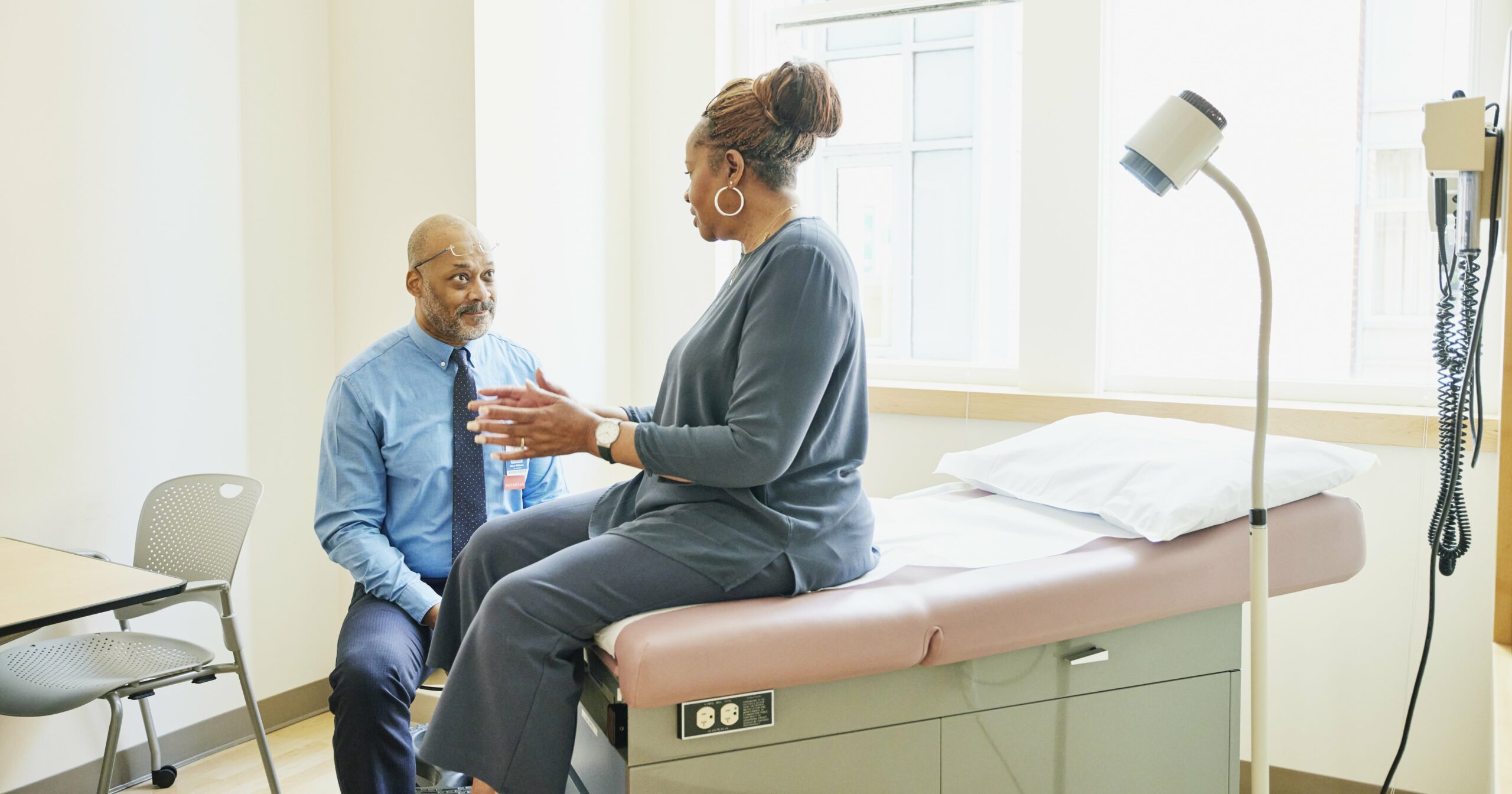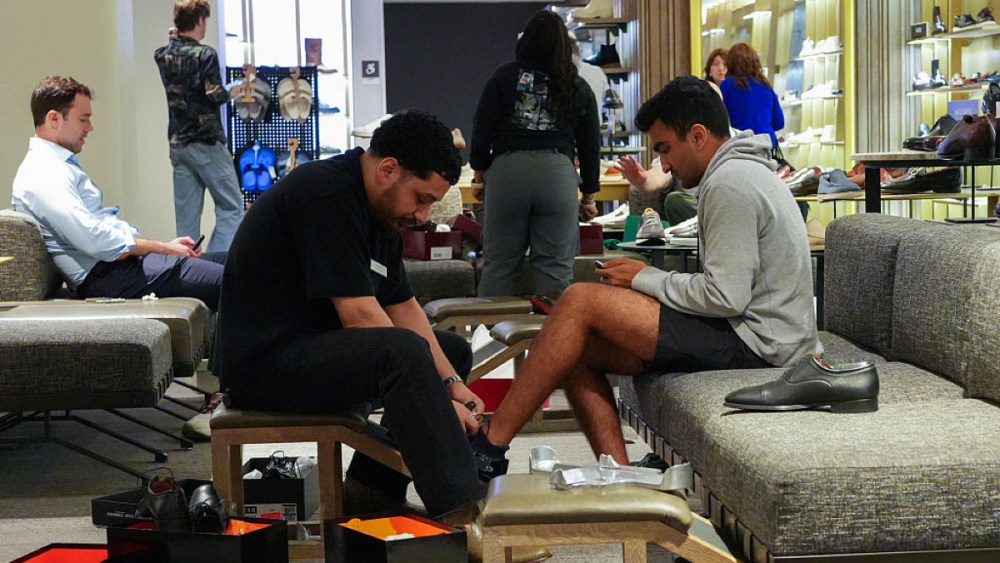Getting diagnosed with multiple sclerosis (MS) back in 2011 was a shock to the system. I was a successful harpist and music teacher. I played gigs every weekend, traveled around the world, and my MS threatened to bring all of that to a screeching halt. As the telltale symptoms worsened – feeling off-balance and losing sensation in my fingers – I began to fear that life as I knew it would be forever altered.
Unfortunately, I was right. Despite having an excellent medical team, my life with MS was noticeably different. I couldn’t play the harp like I used to and I had to cut back on my performances. I started to experience difficulties with walking. Eventually, I made the decision to share my diagnosis with my students because I knew they would notice and ask me about it sooner or later, especially as symptoms became more visible. While I tried to stay positive, often telling myself that someone always has it worse, it was undeniable that MS had changed my day-to-day life in significant ways.
But in 2019, I received some potentially game-changing news: I learned I was being considered as a participant in Phase II of an FDA-approved stem cell treatment study for MS at the Tisch MS Research Center of New York. Tisch’s study is the first-ever MS stem cell trial to receive approval from the FDA, and its Phase I, which began in 2014, had already resulted in significant symptom improvements for patients. It didn’t take me very long to decide I wanted to do it. In some ways, it would have been easier to say no: While treatments could ultimately help my symptoms, there was no doubt that injecting stem cells into my spine for a two-year period would take a mental and physical toll on me. But I weighed that against the impact that this study could have. To me, research means hope. I wanted to sustain that hope not only for myself, but for the nearly two million people worldwide who have MS.
“To have some of my old life and routine back – it means more than I can express.”
The program started in 2020, right at the beginning of the COVID-19 pandemic. While the world was starting to shut down, I reported to the research center for my stem cell treatments every two months. I received injections for two years: one year of placebo and one year of actual stem cell treatments (given it was a double-blind study, I wasn’t told which year I would be receiving which treatment). To put it mildly, there were times when the process was not fun: bone marrow extractions, spinal taps, catheters. I feel lucky to have had the support system of my family and care team at the Tisch Center through these challenges. Somehow, Dr. Sadiq was able to make something as scary as a bone marrow extraction the most seamless 30 seconds of my life. It really was the smaller moments that encouraged me to continue with the trial. I also knew that I, and dozens of strangers also participating, were working toward something that was even bigger than ourselves and our MS.
The Center will soon publish this study’s results, showing statistically significant symptom improvements across many areas, including walking speed and bladder function. They confirm what I’ve known in my gut to be true for some time. Since participating in the stem cell trial, my life has changed for the better. I’ve been able to play an hour-long harp recital and I’m back to traveling and doing gigs on the weekend. I’ve regained feeling in my fingers. I can exercise every day for 30 minutes. Yes, I still have MS and I still have symptoms. But it feels like night and day compared to what my life used to be like. Participating in the trial gave me a boost, and I’ve been riding that boost for the last two years.
To have some of my old life and routine back – it means more than I can express. But I’m more excited about the impact that this research can have on others. MS is a disease that often doesn’t get the limelight and the funding it deserves; despite the millions of people it impacts, we still don’t have a cure, or even know its cause.
Now, I’m more optimistic than ever that we’re on the path to finding a cure, and I’m honored I was able to play even a small role in that process. Research gave me fresh resolve and empowerment to face my MS. For others impacted by a chronic condition like MS, I strongly believe they might feel the same by supporting research that can not only make a difference for them, but for millions of other patients as well.
Robbin Gordon-Cartier is a harpist and a teacher in New Jersey’s East Orange School District. She started the North Jersey chapter of the American Harp Society, served as chapter president for four years, then moved to the national level as second vice president and director at large. Robbin maintains a private studio where she teaches harp students of all ages, and she regularly freelances in the New York metropolitan area.




